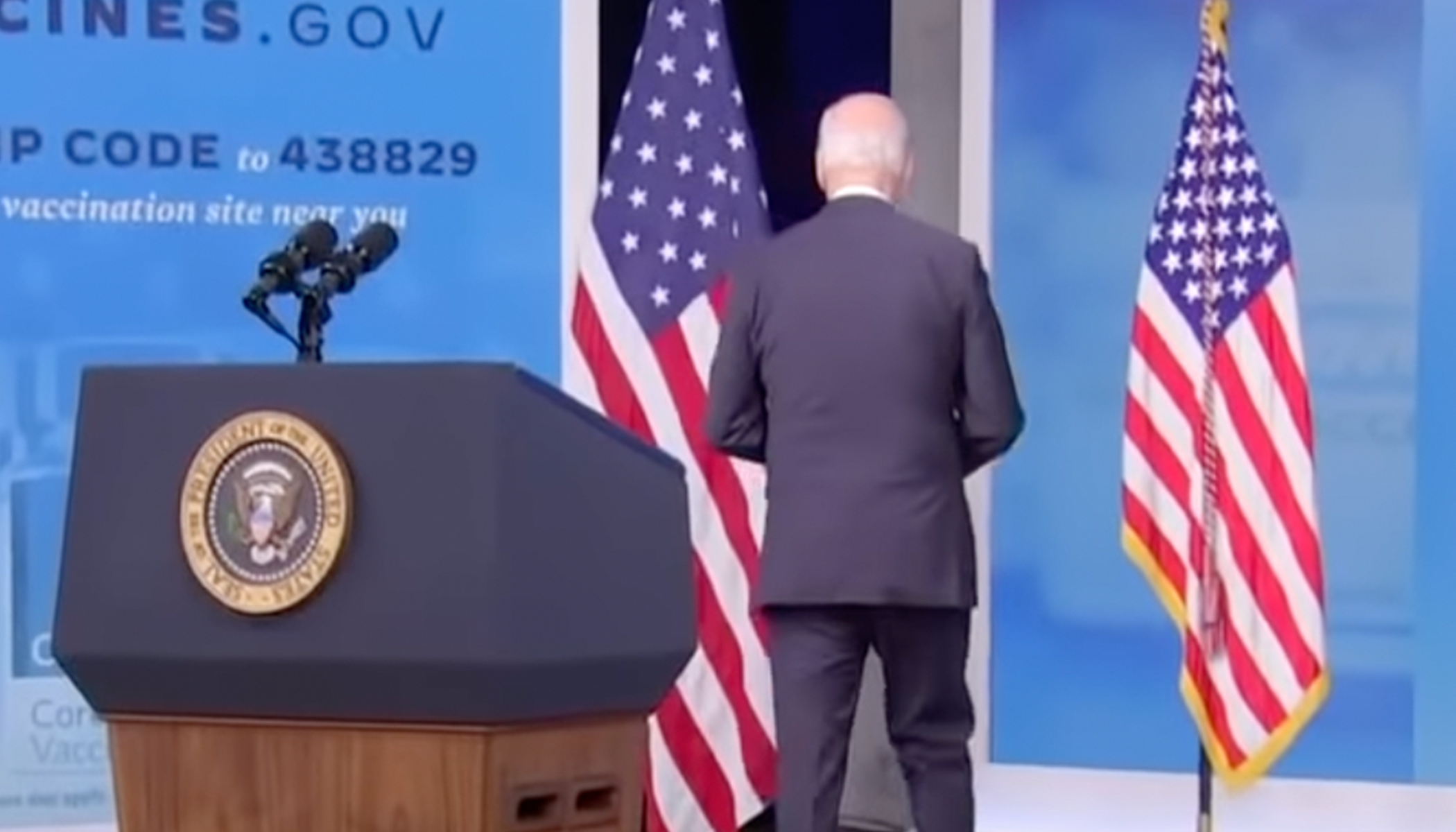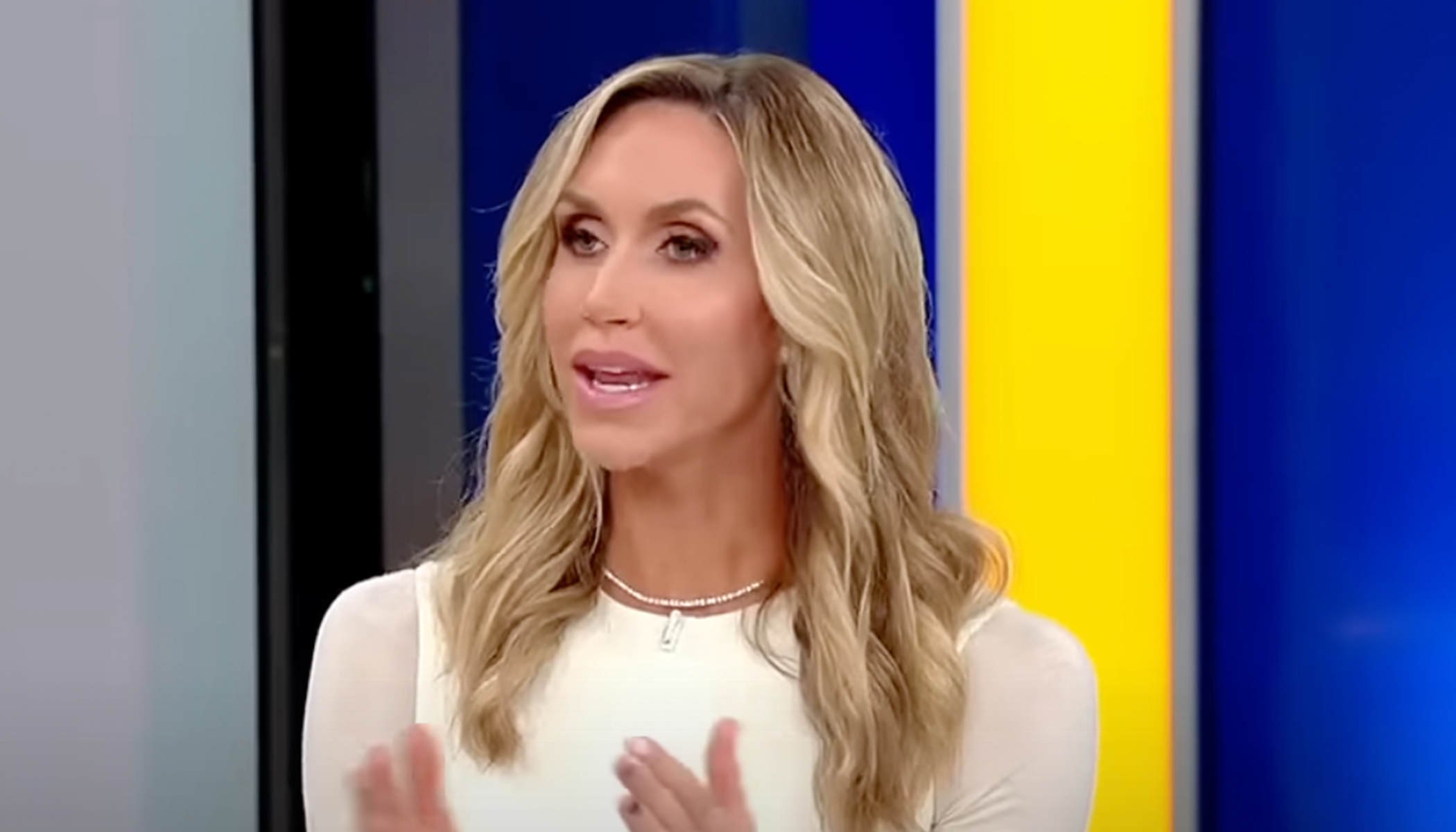Pentagon ends COVID-19 vaccination requirement for US troops
The United States military's COVID-19 vaccine mandate was formally lifted on Tuesday, as The Hill reports, in a reversal of a policy the Biden Defense Department aggressively implemented and still contends was critical in protecting American troops from the virus.
Defense Secretary Lloyd Austin's memo making the move official was prompted by the passage last month of the annual National Defense Authorization Act which, this time around, included a provision that gave the Pentagon 30 days to end the vaccine requirement for service members, as NBC News noted.
Military mandate ends
As Politico reports, even though the shots are no longer mandatory for members of the military, and the armed forces had already ceased adverse personnel actions related to vaccine refusal, Austin's memo contained verbiage suggesting his ongoing belief in the need for widespread acceptance of the jabs.
“The Department will continue to promote and encourage COVID-19 vaccination for all service members. Vaccination enhances operational readiness and protects the force,” Austin said.
Austin's memo went on to indicate that commanders will retain a degree of discretion as to how they deploy and otherwise utilize service members who have not been vaccinated.
Indeed, the secretary noted, commanders will still be able “to consider, as appropriate, the individual immunization status of personnel in making deployment, assignment, and other operational decisions, including when vaccination is required for travel to, or entry into, a foreign country.”
Implications of shift
The military vaccine mandate was controversial from its start, and it ultimately resulted the loss of 8,400 troops who were forced out of the service for refusing the shots.
Exemptions founded on medical and religious objections were also sought by thousands of service members, many of which were denied.
With the mandate no longer in place, according to Austin's memo, service men and women who unsuccessfully requested exemptions will see their official records updated and any prior letters of reprimand eliminated.
The memo further explained that service members who were involuntarily separated from the military due to vaccine refusal were given either an honorable discharge or a general discharge at the time, but many now petition for an adjustment in the official “characterization of their discharge,” but no details about the kind of changes available were given.
Also unclear, according to Politico, is whether those let go from the military over the vaccines will now be permitted to return to the service, provided they still meet all other physical and other qualifications.
Austin unapologetic
The Defense secretary, even in rescinding the requirement, evinced no regrets about having implemented the mandate since August of 2021, having long insisted that the shots were crucial to safeguarding the health of the military.
The memo outlining the details of the mandate's rescission was clear in terms of Austin's ongoing support for vaccination against COVID-19, declaring that the Defense Department's actions throughout the pandemic “will leave a lasting legacy in the many lives we saved, the world-class force we have been able to field, and the high level of readiness we have maintained, amidst difficult public health conditions.”
Contrary to Austin's wishes, however, the mandate had always drawn significant opposition from Republican legislators, was challenged in court on a number of occasions, and was eventually the subject of a concession made by congressional Democrats in exchange for swift passage of the Defense Authorization Act before year's end.
Emergency extended
Even as the military's compulsory COVID-19 vaccinations have been brought to an end, the Biden administration this week formally extended the public health emergency determination until April, according to CNBC, as a reportedly highly transmissible subvariant has emerged to spark concern about another viral surge.
That move follows recent assurances from the White House that the XBB.1.5 subvariant, while perhaps posing greater risk of transmissibility than prior strains, is not necessarily more dangerous in terms of causing serious illness or death, as The Hill recently reported.
Biden administration COVID-19 response coordinator, Dr. Ashish Jha, explained last week that while “the jury's still out” on XBB.1.5, “we know how to mitigate these surges,” and with the widespread availability of antivirals including Paxlovid and Molnupiravir, he said, there is reason to remain optimistic that the situation can be kept in check.




